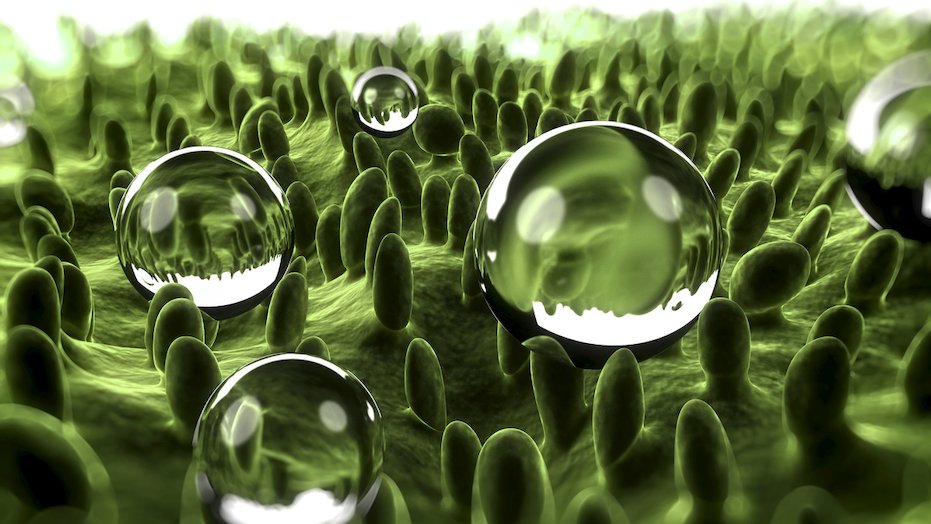Biosciences, environmental sciences
Biology describes and analyses the manifestations of all living organisms and their complex interactions. Environmental science, on the other hand, deals with the effects of human influences on the environment.

Overview of the academic discipline
How does the human body work? How does the behaviour of different animal species differ from one another? And how are plants structured? Biologists dedicate themselves to these and many other questions. They observe, document, create mathematical models and hypotheses and conduct experiments in order to gain insights into the processes and phenomena of nature. Environmental scientists work in a more interdisciplinary way, for example by observing and analysing human-induced pressures on the natural cycle.
This field of study is closely linked to the other natural sciences. For example, biochemistry, biophysics, biomathematics and bioinformatics have emerged from common border areas.
Which topics are included in the curriculum?
In principle, there are four main areas of study related to biology:
- Classical biology investigates the development, blueprint and biochemical processes of living organisms.
- The biosciences encompass several subjects and disciplines: they combine biological content with knowledge from other natural sciences in order to describe processes and natural laws that affect all living things.
- The environmental sciences, also known as ‘life sciences’, take a holistic view of different ecosystems.
- The bioengineering sciences combine biology with the engineering sciences.
What are the requirements?
In-depth knowledge of the following school subjects is a good basis for a successful degree programme: biology, chemistry and physics, mathematics, economics and law as well as English.
What study programmes are there to choose from?
From biology and bionics to environmental science: the field of study covers a wide range of degree programmes at universities, universities of applied sciences and dual universities.
Around two thirds of Bachelor's degree programmes in biology have local admission restrictions. Some universities use the dialogue-oriented service procedure (DoSV) of the Foundation for University Admissions to allocate their limited study places.
What job opportunities are there after graduation?
Biologists without a teaching degree (for information on teaching qualifications, see chapter 3.10 ‘Teacher training in the federal states’) are mainly employed at universities and research institutions. They also work in the pharmaceutical industry (e.g. as pharmaceutical consultants or for the clinical testing of drugs), in the chemical and food industry, in medical technology, in the brewing industry, for service providers in the field of documentation and research as well as for authorities dealing with environmental and health protection laws. They can also be recruited by media companies and in training and further education.
